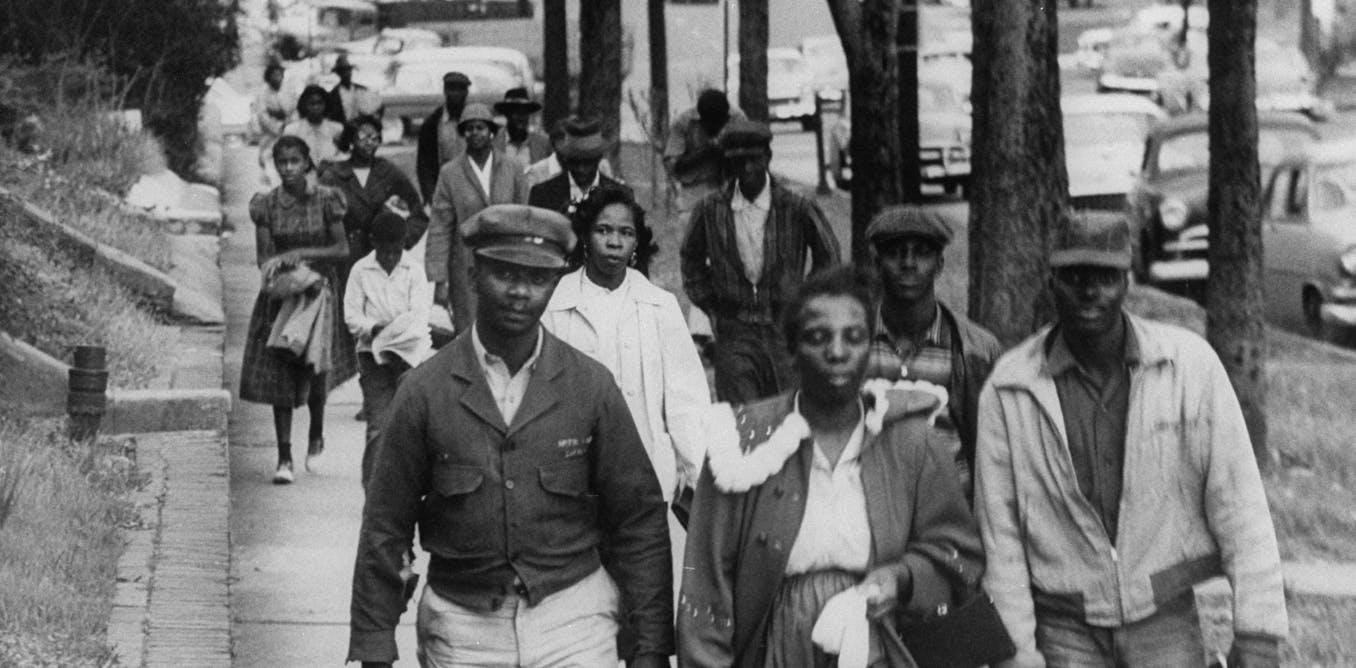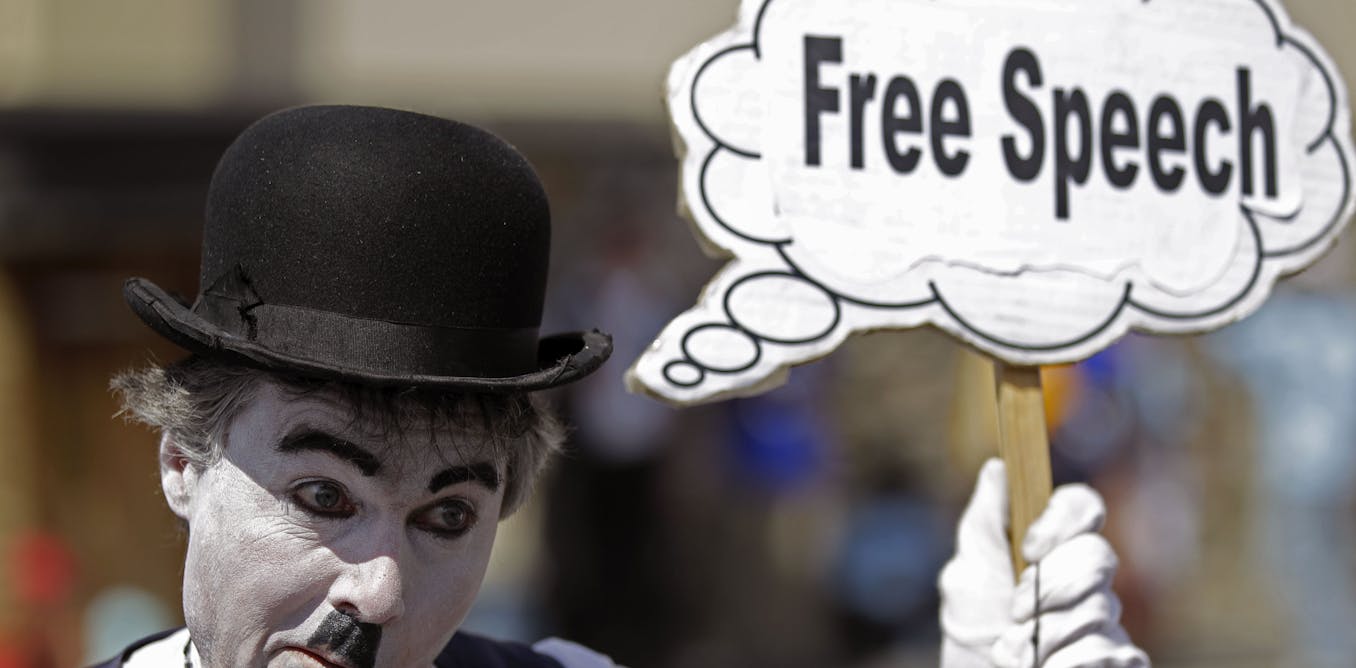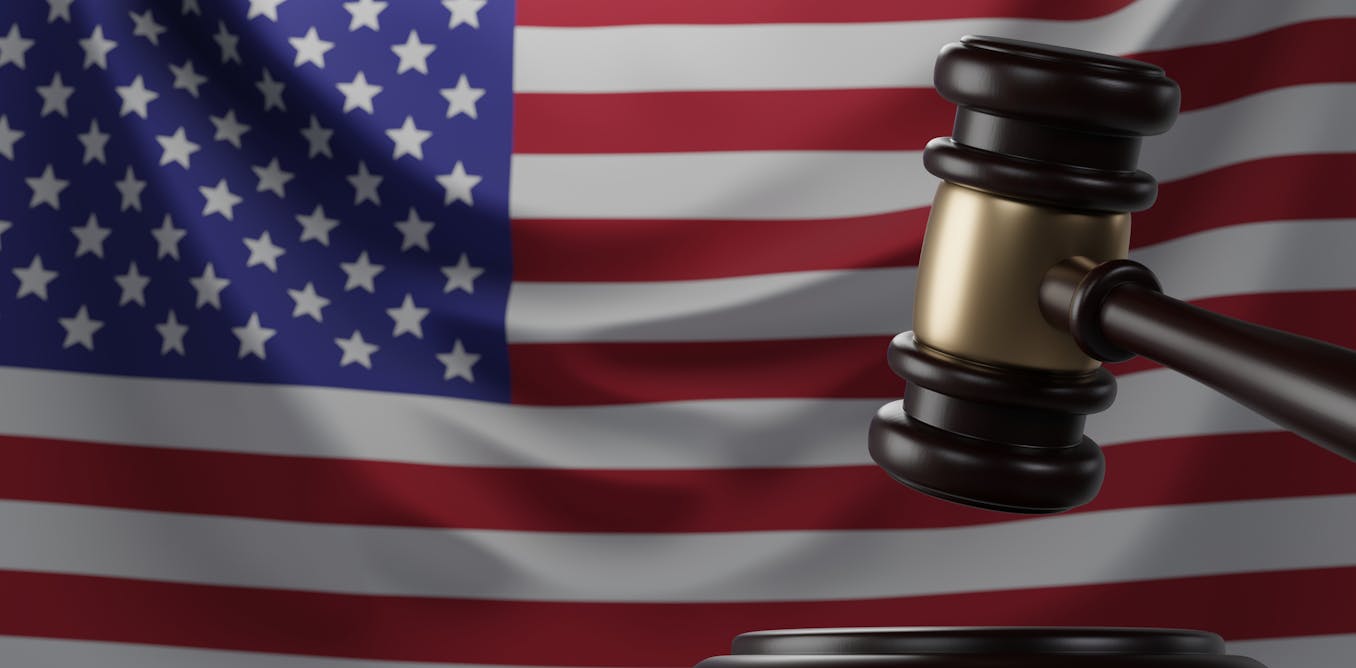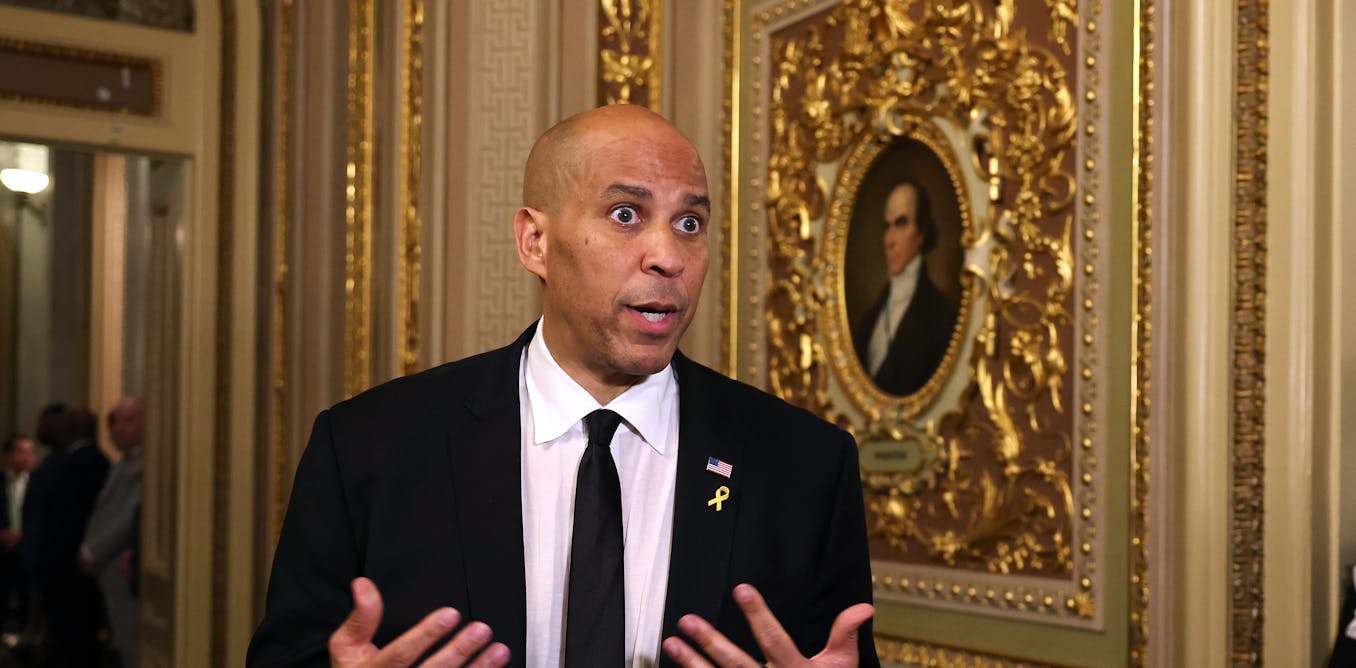Signed into legislation approximately 60 many years ago, the Civil Legal rights Act of 1964 outlawed discrimination in the U.S. based mostly on “race, coloration, sexual intercourse, religion, or nationwide origin.”
But, as a historian who scientific tests social actions and political change, I consider the law’s most significant lesson for today’s movements is not its information but fairly how it was accomplished.
As firsthand accounts from the period make very clear, the movement received since it right harm the passions of white small business homeowners. The 1955 Montgomery bus boycott, the 1963 boycott of Birmingham businesses and many lesser-recognised local boycotts inflicted significant expenditures on nearby business entrepreneurs and compelled them to support integration.
The typical narrative
A perspective popular among students, activists and the typical general public retains that the Civil Legal rights Movement succeeded mainly because violent assaults against peaceful Black protesters mobilized white public opinion in the movement’s favor.
A single of the most famous incidents happened in Birmingham, Alabama, in Might 1963, when the city’s community security commissioner, Eugene “Bull” Connor, turned fireplace hoses and canine on Black demonstrators.
Afro American Newspapers/Gado/Getty Photographs
The traditional wisdom is that Connor’s steps outraged Northern whites, and in response, the Kennedy administration sent federal troops to Birmingham and a civil legal rights bill to Congress.
But this look at misunderstands the resource of the movement’s power.
For a single matter, it overstates community sympathy for the Civil Rights Motion. A few months immediately after the attacks in opposition to Black protesters in Birmingham, for occasion, almost two-thirds of the general public opposed the well known March on Washington for Jobs and Flexibility of August 1963.
Moreover, the Kennedy administration predicted that civil rights legislation would damage the Democrats electorally. “The President by no means had any illusions about the political positive aspects of equivalent legal rights,” wrote Kennedy aide Arthur Schlesinger in his memoir “A Thousand Days.” “But he noticed no alternative” specified the movement’s actions.
So what were being people actions?
Black organizers aimed to inflict maximal disruption on the white ability construction, specially economic elites. As Martin Luther King Jr. afterwards recounted, “The political energy structure listens to the financial electrical power construction.”
By disrupting white businesses, usually in a really organized way, Black activists won social alter.
A ‘devastatingly effective’ weapon
Economic boycotts in Southern metropolitan areas these types of as Birmingham and Nashville, Tennessee,
performed vital roles in the course of the civil legal rights period.
A 20-thirty day period boycott by Black customers of downtown corporations in Greenwood, Mississippi, introduced lawful variations to the city’s hiring techniques in 1964.
The most renowned boycott transpired in 1955–56 in Montgomery, Alabama, wherever the virtually 13-month protest in opposition to segregated community transportation induced the city’s bus company to eliminate an approximated US$3,000 a day in fares.

United Push image
Black people created up about 75% of general public transportation riders. Alternatively of using town buses, they walked, formed vehicle swimming pools and utilised Black-owned taxi services. The boycott finished on Dec. 20, 1956, when the U.S. Supreme Court docket ruled in Browder v. Gayle that segregation on buses was unconstitutional.
By 1960, civil rights organizers were greatly embracing this “economic weapon to battle segregation,” reported the national journal Business enterprise Week.
3 many years afterwards, Time journal wrote that boycotts experienced proved “devastatingly effective” in pushing white organization house owners and government officials to desegregate.
In Birmingham, for case in point, genuine estate tycoon Sidney Smyer led the elite push for integration. Smyer was a staunch racist, but he capitulated amid the boycott and related disruption.
“I’m however a segregationist,” he stated in May possibly 1963, but “I’m not a damn fool.”
All through five months of boycotts, sit-ins and marches, Birmingham businesses experienced lost hundreds of thousands in profits.
Smyer and his fellow executives decided to reduce their losses by integrating. They then dragged together the politicians, judges, school directors and law enforcement officers.
That had been civil legal rights strategists’ system from the start off.
According to civil legal rights organizer Abraham Woods, they hoped that enterprise entrepreneurs harm by the boycott in Birmingham would “pressure the city” to combine.
Andrew Youthful, an adviser to King, afterwards said that “Bull Connor created the affect bigger, but the dynamics would have taken effect devoid of Bull Connor and the puppies. … When the demonstrations ended up so huge and the financial withdrawal application was so restricted, practically, the town was paralyzed.”
Changing the regulation right after Birmingham
The Birmingham victory impressed other Black men and women to increase up. Kennedy’s Department of Justice claimed yet another 2,062 Black protests in 40 states by the conclude of 1963.
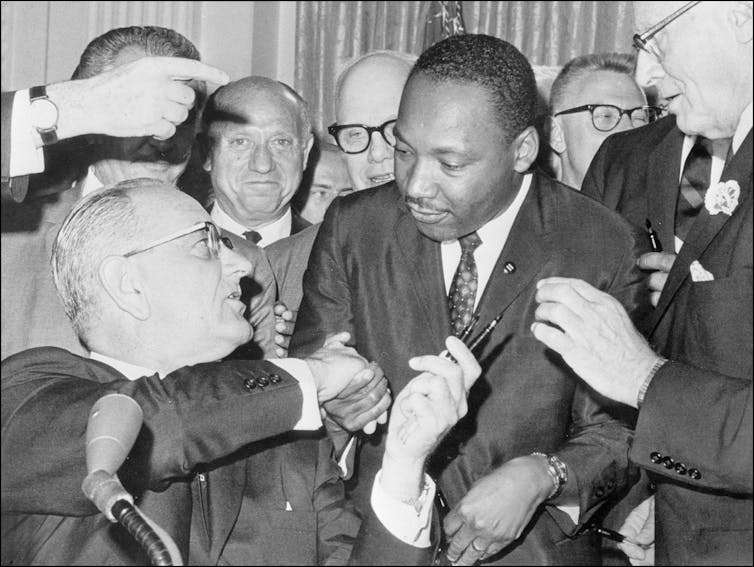
AFP by way of Getty Photos
It also led Kennedy – 28 months into his presidency – to suggest a civil rights bill, in June 1963.
Even as he attempted to dissuade Black leaders from marching on Washington, Kennedy admitted that the disruptive boycotts and protests “had designed the govt branch act more rapidly and were being now forcing Congress to entertain laws,” as Schlesinger reported in his e-book “A Thousand Times.”
Kennedy also feared the radicalization of Black consciousness soon after Birmingham. If the federal governing administration did not supply moderate reform, the “colored masses” could embrace “the mindless radicalism of the Negro militants,” as Schlesinger described the president’s logic.
Kennedy’s assassination in November 1963 meant the civil legal rights bill fell to his successor, Lyndon Johnson. Just after a heated fight in Congress, Johnson signed the invoice into regulation on July 2, 1964.
By leading to large and sustained disruption to ruling-course passions, notably corporations, Black organizers who were being formally excluded from political power ended up capable to pressure legal change.
The lesson is that major legislative reform necessitates mass disruption outside the electoral and legislative spheres. With out that disruption, it will be extremely challenging to win any legislation that negatively has an effect on entrenched energy-holders.

